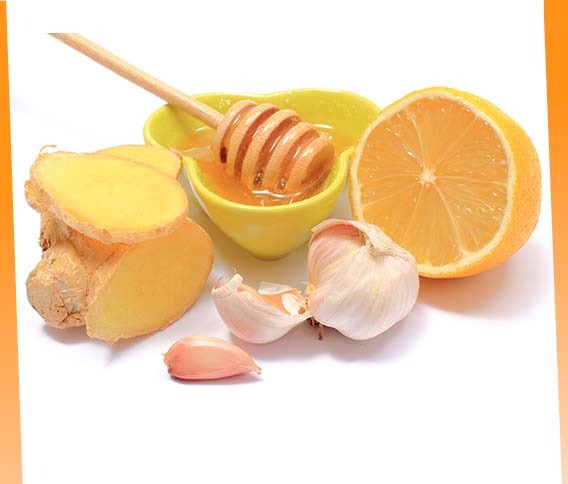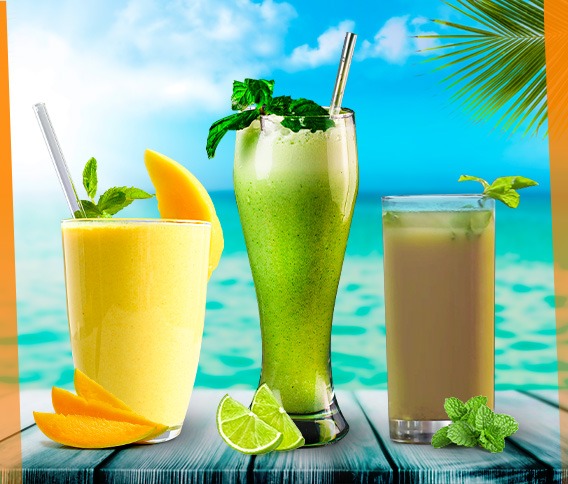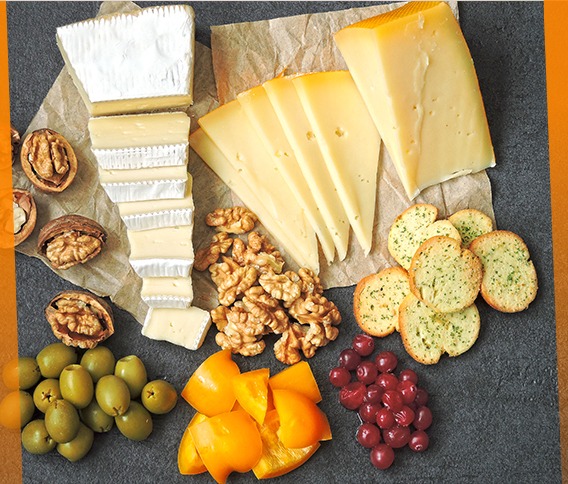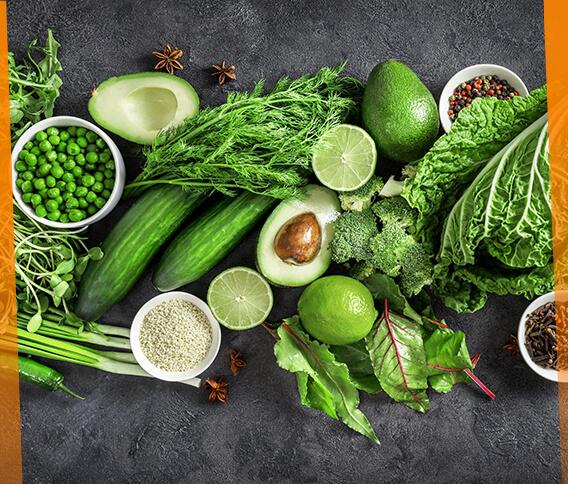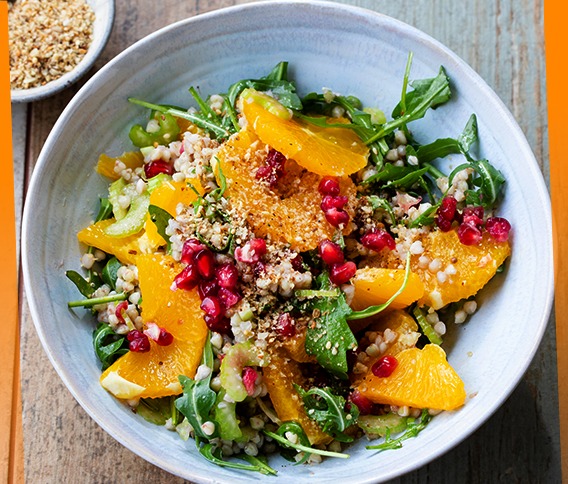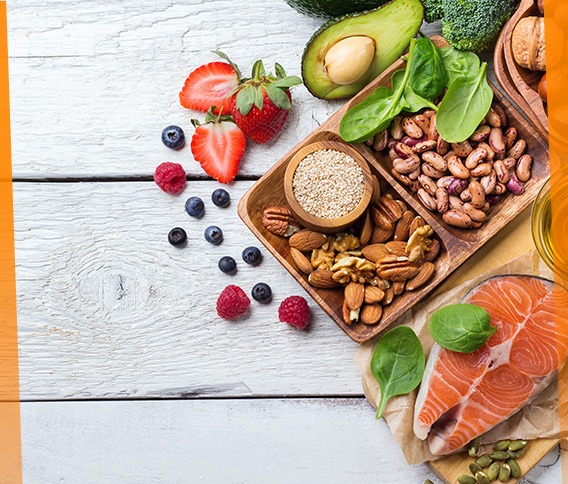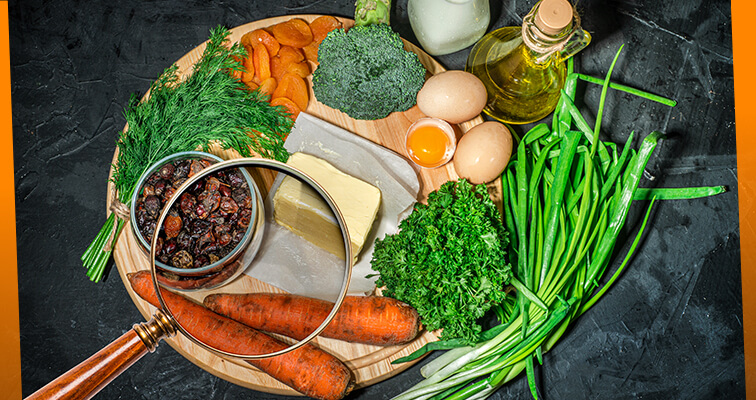
There are multiple myths and misconceptions about nutrition and a healthy diet worldwide. We’ve grown up listening to this proverb, “An apple a day keeps the doctor away,” referring to health benefits. Not all myths are harmful, but a few need to be dispelled. According to WHO (World Health Organization), around 463 million adults are underweight, whereas 1.9 billion are obese. Research on children shows that half of all deaths among children under five years of age can be attributed to undernutrition. These myths and misconceptions should be discussed to adopt a healthy lifestyle.
If you love to exercise and it makes you think that you are maintaining your health and reducing the chances of any disease while eating junk food and sugary drinks, you are wrong my friend. Exercising resets your metabolic thermostat downwards, and your hunger level increases; you will start eating more and burn fewer calories. To maintain a healthy lifestyle, it is equally important to eat healthily. Exercising while counting your calories by eating clean is ideal because staying physically fit is more important than just becoming thin.
The imported food items are of the best quality as compared to local.The food imported from other countries travels miles before it reaches to consumer’s plate. The freshness of the imported meat, fruit or vegetable is affected, reducing the nutrition you expect to extract from them. The locally produced freshly harvested food is undoubtedly a better option. There are many other factors to be considered besides the freshness of food, including the environmental, economic and social costs associated with transporting the food around the world. The food locally produced is fresh, full of nutrition and helps your economy.
We should all follow the same diet plan.One important thing we overlook most of the time is that we all are unique with different body types and metabolism. We all hear different recommendations about what to eat and what to not, yet there is no good science to support these suggestions. An experiment was done in 2020 where 1000 people were given the same meals, and their blood, inflammation, and metabolic responses were monitored; no two people were the same. In the research, even identical twins had different responses. A few people responded poorly to fats and some to carbs. You need to realize that we all are different and you should listen more to your body and less to outdated dogma.
Consume eight glasses of water in a day.We all need water to thrive, yet the general suggestion has been to drink more and more, with numerous guidelines currently advising a minimum of eight glasses per day. Is there any proof behind this concern about our going thirsty and drying up? The short response is no. Studies analyzing the intake over 10 years in the elderly failed to show any advantages of extra intake of water on kidney capability or mortality. The new concept generated by clever marketing from bottled water companies convinced many of us to drink only mineral water. People usually prefer purchasing bottled water rather than boiling it. Each year the bottled water industry is growing by 10 %. The devastating environmental costs are being ignored by these companies as they are piling up plastic water bottles each year and polluting the earth and other habitats.
